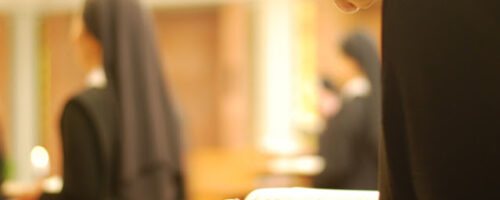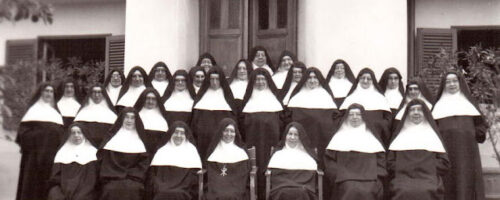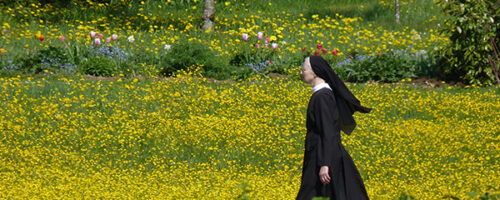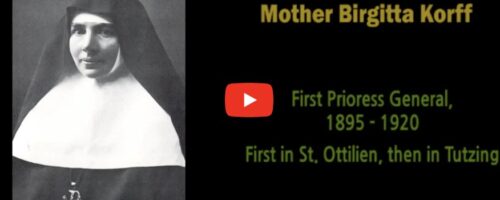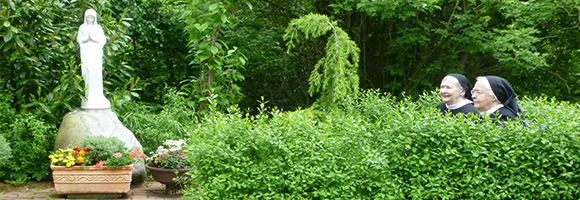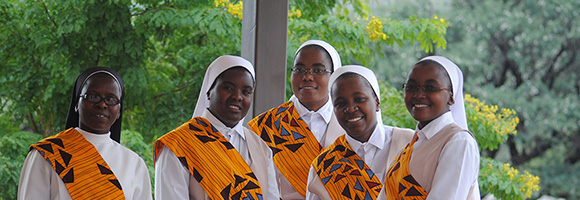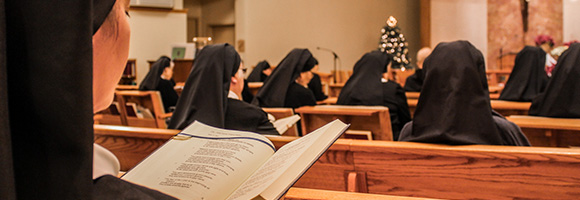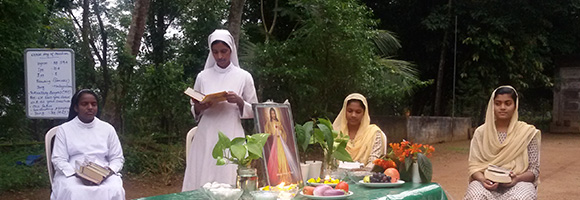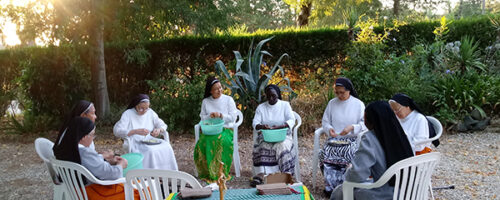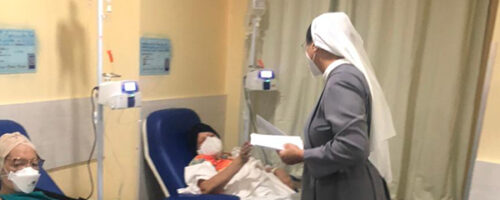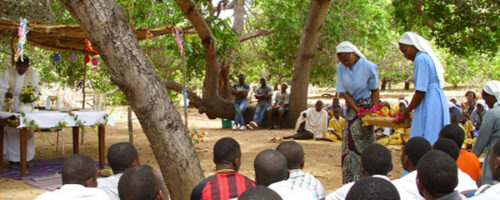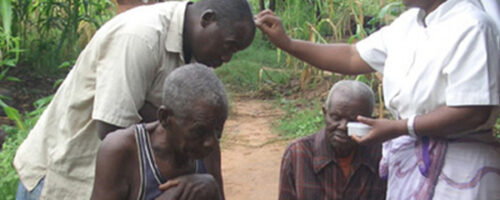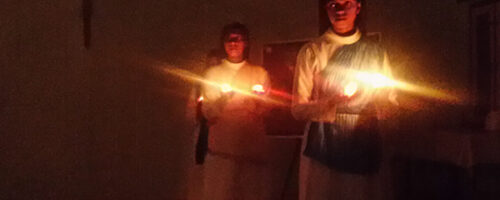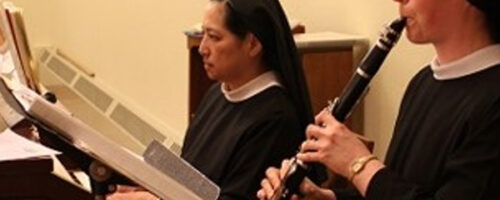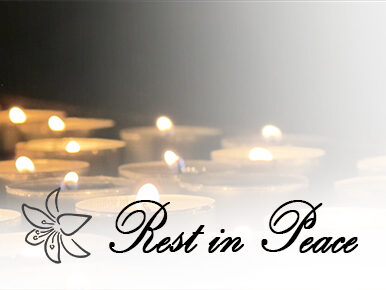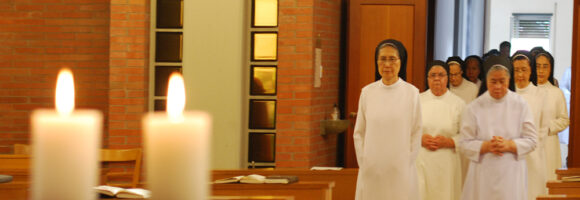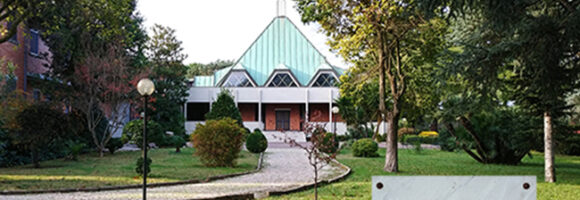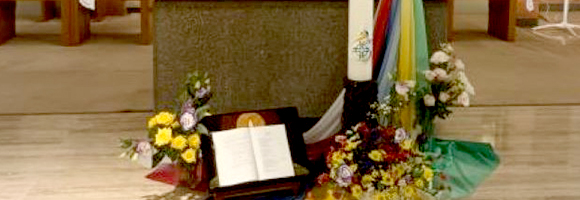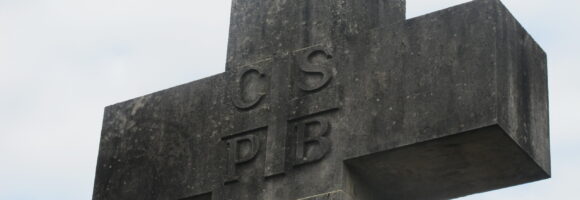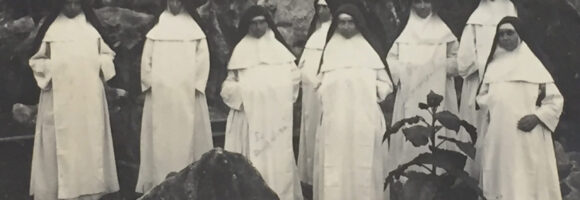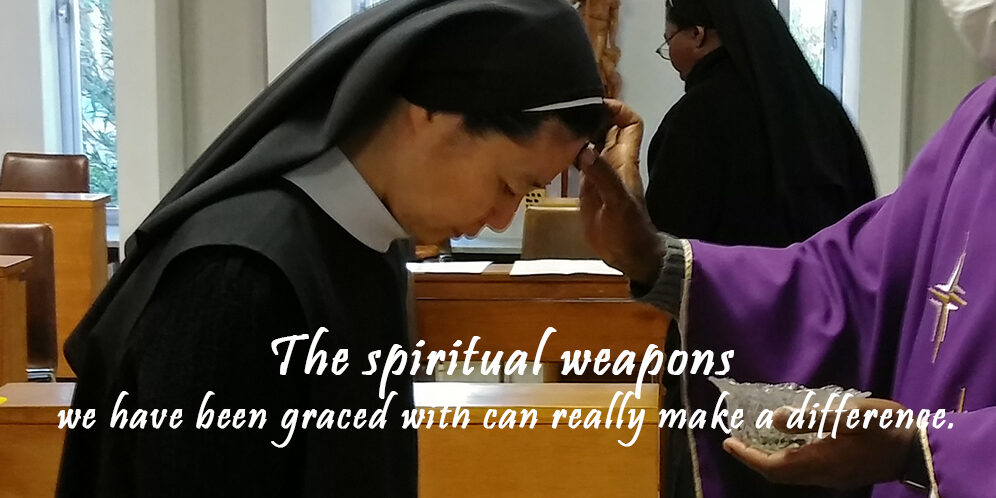On Ash Wednesday, we received a cross of ashes on our forehead (made from the ashes of burnt palms from the previous year’s Palm Sunday).



The Observance of Lent
The life of a monk ought to be a continuous Lent. Since few, however, have the strength for this, we urge the entire community during these days of Lent to keep its manner of life most pure and to wash away in this holy season the negligences of other times.
This we can do in a fitting manner by refusing to indulge evil habits and by devoting ourselves to prayer with tears, to reading, to compunction of heart and self-denial.
During these days, therefore, we will add to the usual measure of our service something by way of private prayer and abstinence from food or drink, so that each of us will have something above the assigned measure to offer God of his own will with the joy of the Holy Spirit (1 Thess 1:6).
In other words, let each one deny himself some food, drink, sleep, needless talking and idle jesting, and look forward to holy Easter with joy and spiritual longing. Everyone should, however, make known to the abbot what he intends to do, since it ought to be done with his prayer and approval.
Whatever is undertaken without the permission of the spiritual father will be reckoned as presumption and vainglory, not deserving a reward. Therefore, everything must be done with the abbot’s approval.
Bishop of Plymouth: Use armour of prayer, fasting for Ukraine this Lent
“Approaching this holy season of Lent and these disciplines which have been given to us of prayer, of fasting, and almsgiving, we can focus in a particular way this Lent to hope to draw down the fruits of God’s grace through the little sacrifices that we undertake for our beloved brothers and sisters who are suffering in this part of our continent.”

